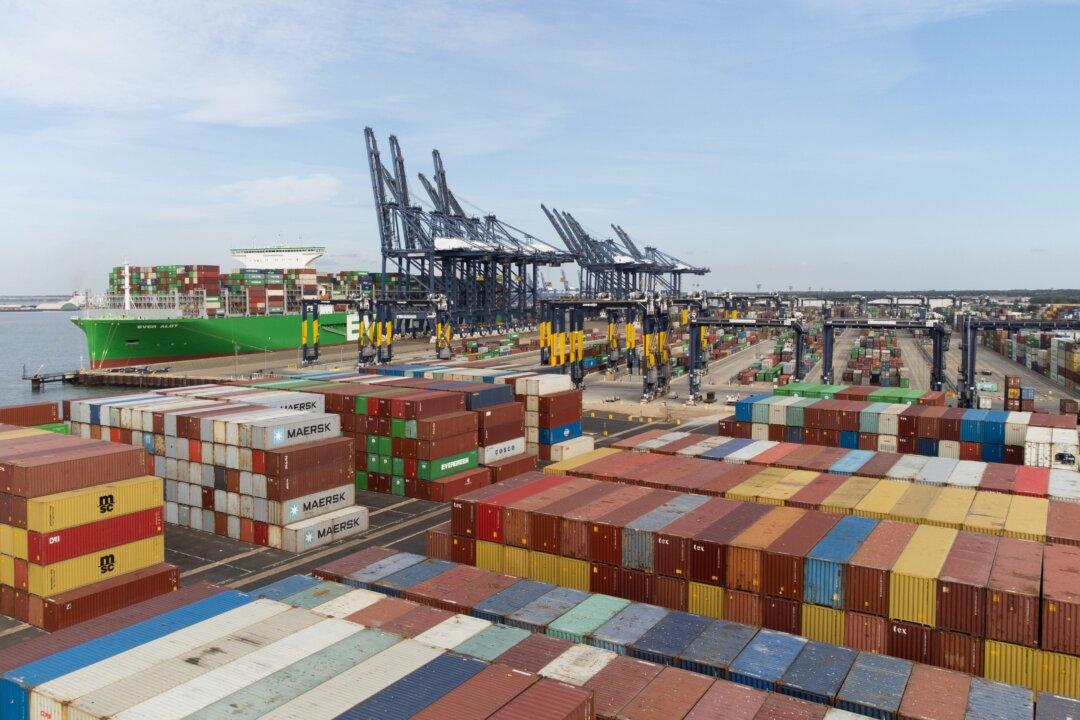The number of licence refusals for exports to China has more than doubled in 2022 because of the UK’s tightened control over goods and tech with military applications, a minister has said on Wednesday.
Rosemary Pratt, director of the UK’s Export Control Joint Unit, told a defence exports conference in London that the increase was “largely” because of an update to the military end-use (MEU) export control rules, which she said had a “a big impact” on exports to China.





